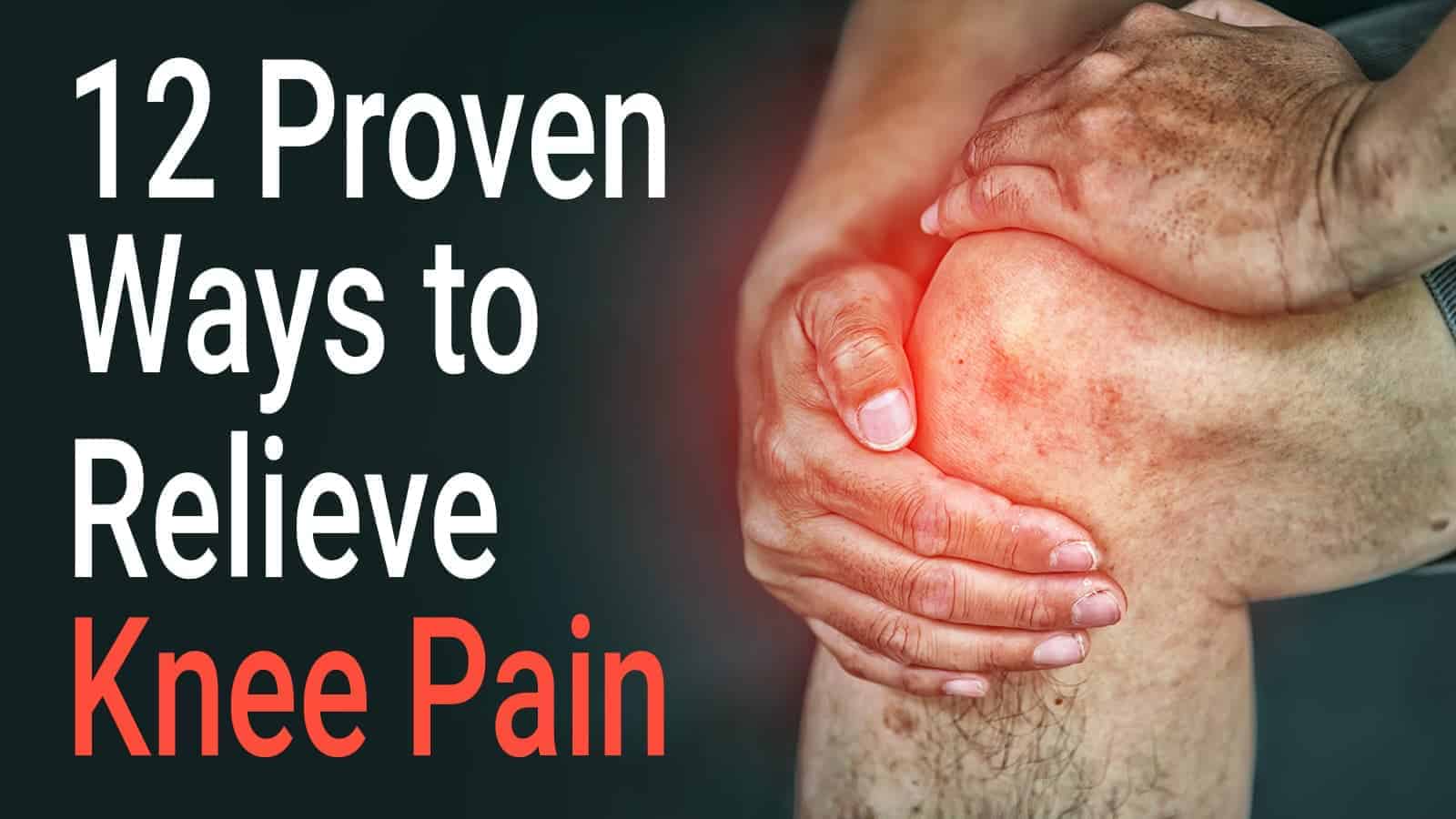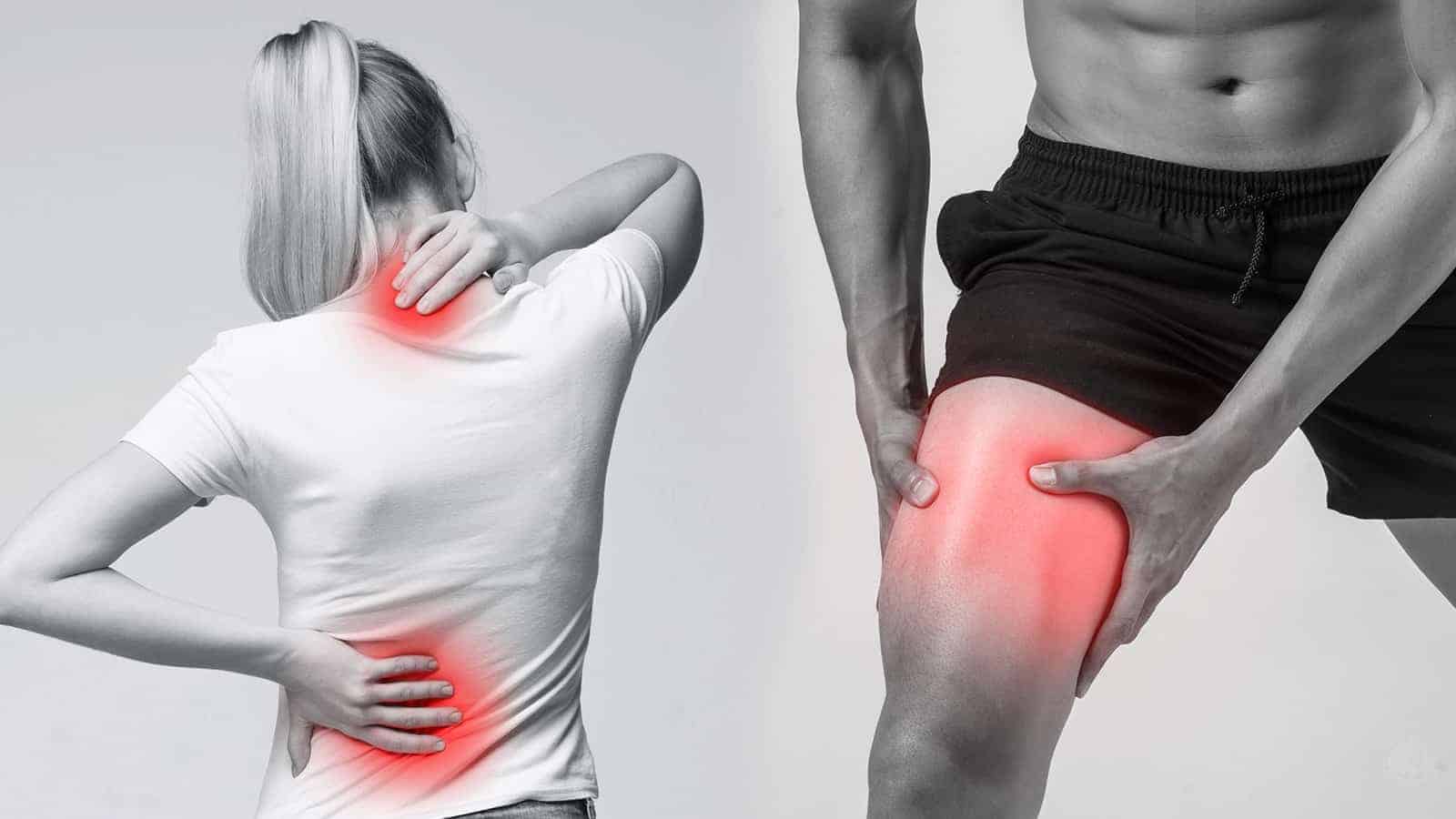There’s nothing worse than unbearable pain in your muscles. Your first instinct may be to reach for a bottle of ibuprofen or other over-the-counter muscle relaxants to bring fast relief. However, did you know significant risks are associated with taking these seemingly harmless drugs?
Just because you can buy things at your local pharmacy doesn’t mean they’re safe for you, especially if you have a chronic condition. Some numerous reports and studies show that long-term use of non-steroidal anti-inflammatory drugs (NSAIDs) can increase your risk of heart attack and stroke and cause stomach bleeding. One such report was from Harvard Medical School.
Dr. Christian Ruff examined the dangers of taking NSAID drugs. Using evidence, he’s gathered from treating patients worldwide; he found that when individuals take these medications regularly, they are more apt to have a heart attack, stroke, and developing heart disease or a-fib. However, you have other options that don’t have such risks.
Natural Muscle Relaxants
 Mother Nature provides a bounty of options for you to help ease the pain you feel in your muscles. The best thing about using natural remedies is that they have little to no side effects and aren’t habit-forming. It may take some trial and error to find the treatment that works best for you and your specific pains, but it’s worth the effort.
Mother Nature provides a bounty of options for you to help ease the pain you feel in your muscles. The best thing about using natural remedies is that they have little to no side effects and aren’t habit-forming. It may take some trial and error to find the treatment that works best for you and your specific pains, but it’s worth the effort.
Most of these natural muscle relaxants are in your local supermarket. Here are fifteen remedies for muscle pain that will bring you fast relief.
1. Cayenne Pepper
Please don’t reach for the mentholated muscle rub that has a horrible smell and loses its effectiveness quickly. Cayenne pepper can produce the same feeling, and it’s better for you. Did you know that this pepper has a substance called capsaicin?
This powerful compound has both anti-inflammatory and analgesic properties. These properties will help to reduce muscle fatigue and spasms with ease. Make a paste with ground cayenne pepper and water.
Apply the paste topically for a warmth deep into the muscles to relax them. It can be used anywhere on your body, except for the facial area. The spicy smell may be overwhelming initially, but its relief is worth the fragrant aroma.
2. Peppermint
Peppermint essential oil is pleasant and effective at helping sore muscles. If you’ve overworked your body, you may pay with Charlie horses and other spasms. Thankfully, peppermint brings both warming and cooling sensations to the skin, and it goes deep enough to penetrate the muscles beneath.
Merely rubbing it into the affected area will separate the lactic acid within the muscle, which is causing your discomfort.
3. Lavender
Lavender is one of the most used essential oils in history. It can work on your body when you first smell this natural elixir. It can successfully treat any aches and pains from muscle spasms or cramping. This calming herb can even be used to thwart menstrual cramping and joint discomfort too.
4. Catnip
If you thought catnip was just for your feline friends, then guess again. This powerful herb can relax your muscles with its anti-spasmodic properties. It’s been used for centuries to help with bloating and gas and curing a condition called spasmodic cholera.
Rubbing the essential oil over the affected area can bring quick relief, which you need when you have unbearable muscle aches.
5. Passionflower
Passionflower has a lovely fragrance and is so soothing to your skin. It’s often been used to help the digestive tract issues, specifically muscle spasms in this area. It’s also great for wound treatment as it promotes quick healing.
You can use the flower to make a fragrant tea or use passionflower seed oil to spread on the effective area. If you have teenagers in the home or others with acne or eczema, then passionflower is shown to easily dry these skin flares.
6. Black Pepper
Using black pepper as anything other than seasonings on your favorite foods might sound shocking. However, did you know that pepper has both anti-inflammatory and antispasmodic properties?
Using black pepper oil produces a warming sensation that can ease conditions like arthritis and tendonitis and help heal muscular injuries. Who knew that there were so many uses for a typical household seasoning?
 7. Chamomile
7. Chamomile
Chamomile is an herb that has been used for medicinal purposes for centuries. It can treat numerous ailments, including muscle pains. This herb is so powerful that it has 36 flavonoids in it, and those little plant pigments have substantial anti-inflammatory properties. You can apply it topically as an essential oil or try it in a relaxing tea.
8. Hot/Cold Compress
You can try every herb and elixir out there, but sometimes the best thing for your muscle aches is to use the hot/cold compress technique. Many chiropractors, experts in homeopathic medicine, often prefer this method to treat their patients’ aches and pains.
Just use 20 minutes of heat followed by 20 minutes of cold when you’re experiencing discomfort. The heat soothes the aches, and the cold works to reduce inflammation in the area.
9. Cinnamon
If you thought cinnamon was to flavor your pancakes or a good pumpkin pie, then you don’t know the full power of this herb. Technically, cinnamon is made from the bark of the genus Cinnamomum tree, which is native to Asia but can be found in many parts of the world. Cinnamon is often used to ease the muscular aches that come with the common cold or flu.
Muscle relaxants with a cinnamon mixture are great for those who’ve had strenuous workouts or have other injuries. It’s often paired with ginger to provide soothing heat and quick relief.
10. Epsom Salts
Epsom salt is perfect for sore muscles. It’s best used in a bath to relax away stiffness and pain from muscular areas. It’s beneficial in areas such as the neck, back, legs, feet, and shoulders.
11. Magnesium
Did you know that many people have muscular pains because they’re deficient in magnesium? Magnesium is an essential macronutrient that is necessary for many of your body’s processes.
A supplement of this macronutrient can trigger a calcium block that helps those sore and stiff muscular tissues to relax. You can have pain just by having insufficient magnesium in your body.
12. Cherries
Three cheers for cherries as they’re one of the most beneficial fruits around. Many studies have been done on the power of tart cherry juice about gout and muscle aches and pains. Dr. Andrew Weil referenced a study in one of his articles, which was conducted by Michigan State University. They found that using cherries can be more beneficial than any pain reliever you can buy over-the-counter.
13. CBD Oil
CBD oil indeed tends to be a bit of a controversial holistic treatment,. But there is no THC, which is the compound that makes you high when using marijuana. CBD won’t make you high, but it will reduce the inflammation in your body and muscle soreness. Many people use this herbal remedy for anxiety because it has calming properties. Check out this 2 oz natural hemp pain relief salve and see if it can help with pain relief.
14. Turmeric
Turmeric is another herb that is getting a lot of attention. It’s known as a painkiller without all the side effects and can help with swelling and inflammation. As one of the best muscle relaxants around, it can block the body, producing proteins in neuropathic pain, perfect for muscles and sore joints.
15. Potassium
Many muscle cramps and aches come from a lack of potassium. Potassium is a vital nutrient necessary for many of your system processes. If your pains are non-specific, meaning you’re not exercising daily or haven’t had an accident, then it’s worth investigating.
You can increase your consumption of bananas, avocados, and potatoes to increase your potassium levels, or you can take supplements. However, you should never try to adjust your potassium levels without a doctor’s assistance because having levels too high or too low can equally cause major issues.
 Final Thoughts on Muscle Relaxants
Final Thoughts on Muscle Relaxants
There are 101 reasons why you might experience muscular aches and pains. However, at the core of all of it is some injury to the muscle. The damage can be arthritis, a torn or stretched muscle overworked through exercise, or an auto-immune condition.
The key is to find the treatment that works for you. You may need to try a couple of different homeopathic therapies to see which one is right for you. What works for one doesn’t mean it will work for another.
If you take any prescription medications, make sure you do some research before using any natural muscle relaxants. While they’re generally safe and effective, they can interact with some ingredients in pharmaceutical drugs. Still, using nature to cure what ails you is always the best option.


















